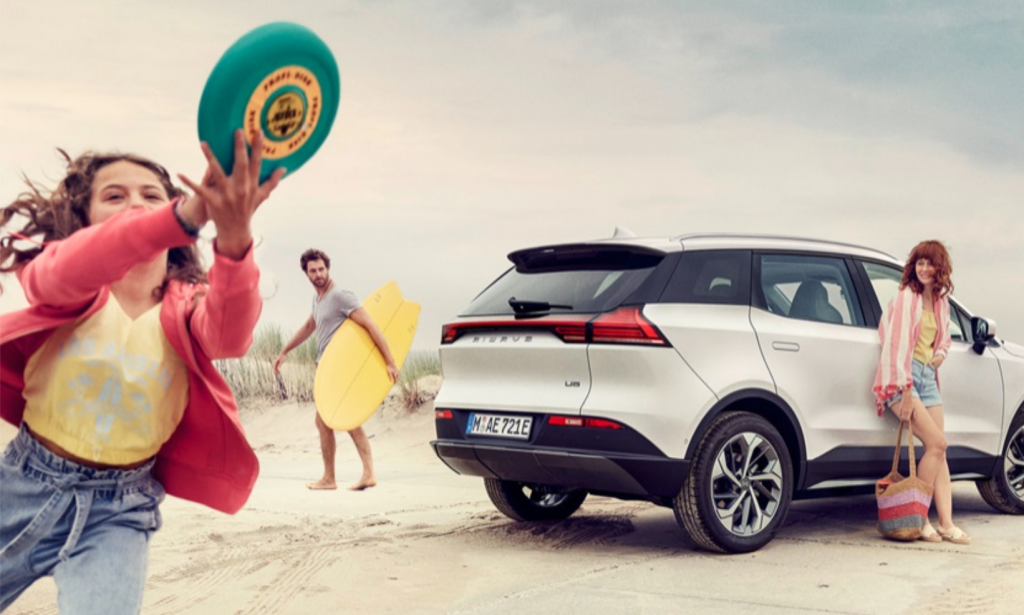BUSINESS BRIEFING: Big jump in output of electric vehicles from mainland; in West, defence spending to rise “substantially”; and there are calls for the definition of socially positive investing
A STUDY SHOWS CHINA is now producing more environmentally friendly electric cars than all other countries put together.
“China accounted for 57.4% of the [global] total, Nikkei Asia reported this week, citing its own research.
Elon Musk’s Tesla plant in Shanghai is a big contributor in the high end market both in the home and export markets, but the country has a large number of electric vehicle makers.
In a separate, earlier report, New Scientist said the biggest impact on the world will be from firms like Shenzhen’s BYD, which can create electric cars that sell more cheaply than petrol vehicles.

How did China come to export more than 500,000 electric vehicles so quickly? One of its advantages is that there are three streams working at once.
Like other nations, it has traditional carmakers switching to electric vehicles: these include BYD and Great Wall Motor.
Second, it has pure start-up companies focusing on the new market. These include Nio (see picture at the top), Xpeng and Aiways.
Third, there are brands which most people around the world believe are European but are actually now Chinese. This list includes the Daimler Smart, the Volvo Polestar and MG’s electric cars.
NIO has opened sales offices in Norway last year, and last week arranged a secondary stock listing in Hong Kong.
ARMS SPENDING
EUROPEAN UNION LEADERS vowed to spend substantially more public money on the military, at a meeting in France on Friday. It was time to “re-arm” in the face of Russian aggression, the 27 leaders agreed.
The United States will also increase weapons spending, to an estimated four per cent of GDP, analysts said, also in response to Russia.
The European Union already spends three times as much on the military as Russia. The United States already spends 12 times as much on defence as Russia.
WEAPONS NOW ‘SOCIALLY POSITIVE’
WESTERN COUNTRIES ARE looking to make a U-turn on their definition of socially positive investments. Shares of arms manufacturers have traditionally been excluded from the growing number of private and public funds that adhere to people-centered values.
But that’s being turned upside down, with a call for weapons-makers to be seen as positive contributors to society.
The original call to divest from arms makers has been growing for years, generally known as the ESG principle, with the initials standing for Environmental, Social, and Governance. As recently as January, top German bankers BayernLB and LBBW pulled out of handling the accounts of Rheinmetall, the country’s biggest military contractor, specializing in armoured vehicles.
But now it’s all changing.
The fighting between Russian and Ukrainian forces is being used as the basis of an argument that arms manufacturers should be seen as socially positive contributors to human society.
A committee of the European Union last year proposed the formal labelling of the weapons industry as socially harmful – but this was missing from its final report, published last week.
This is in line with a general retreat by the western world from globalization.
Most remarkably, the concept of cutting the world into armed silos is now presented as a positive, desirable aim.
“Without a strong and resilient defence industry, how can Europe achieve its aims of strategic autonomy?” Financial Times writer Peggy Hollinger wrote this week.
Image at the top from NIO

